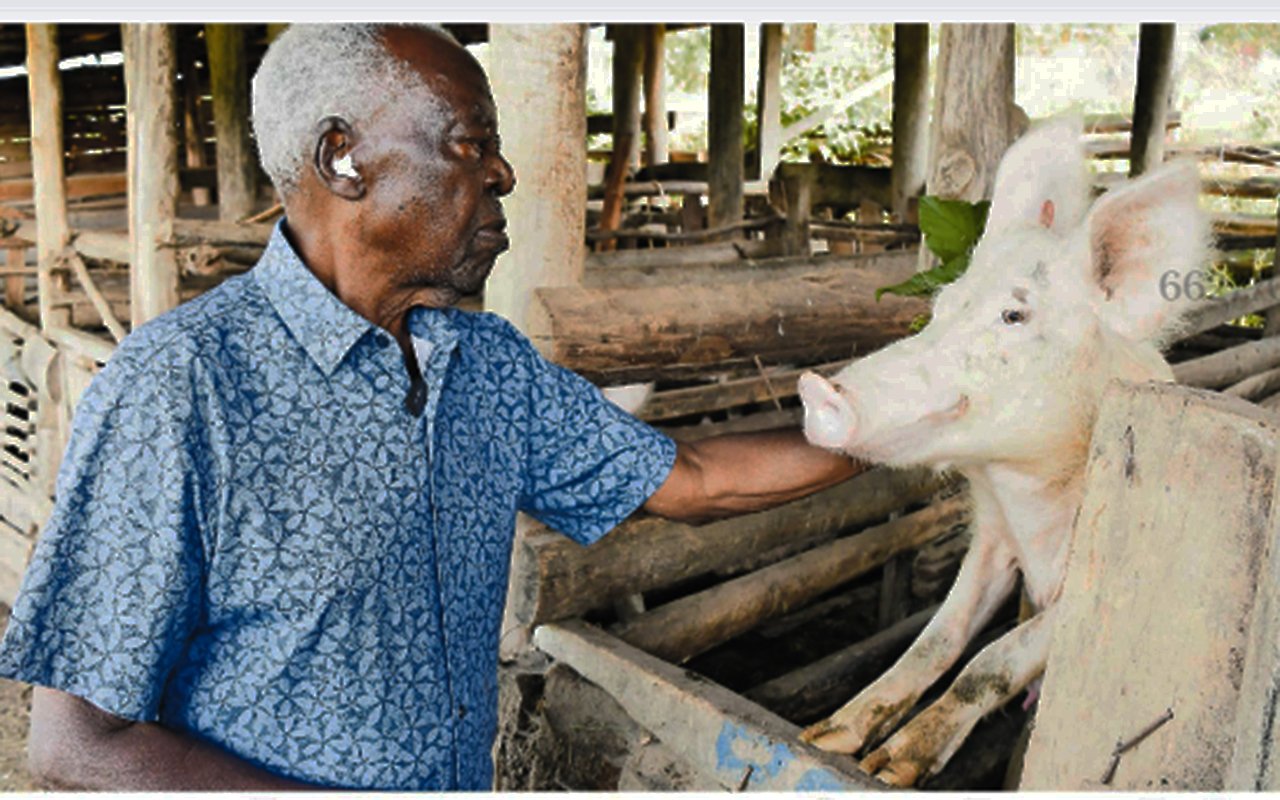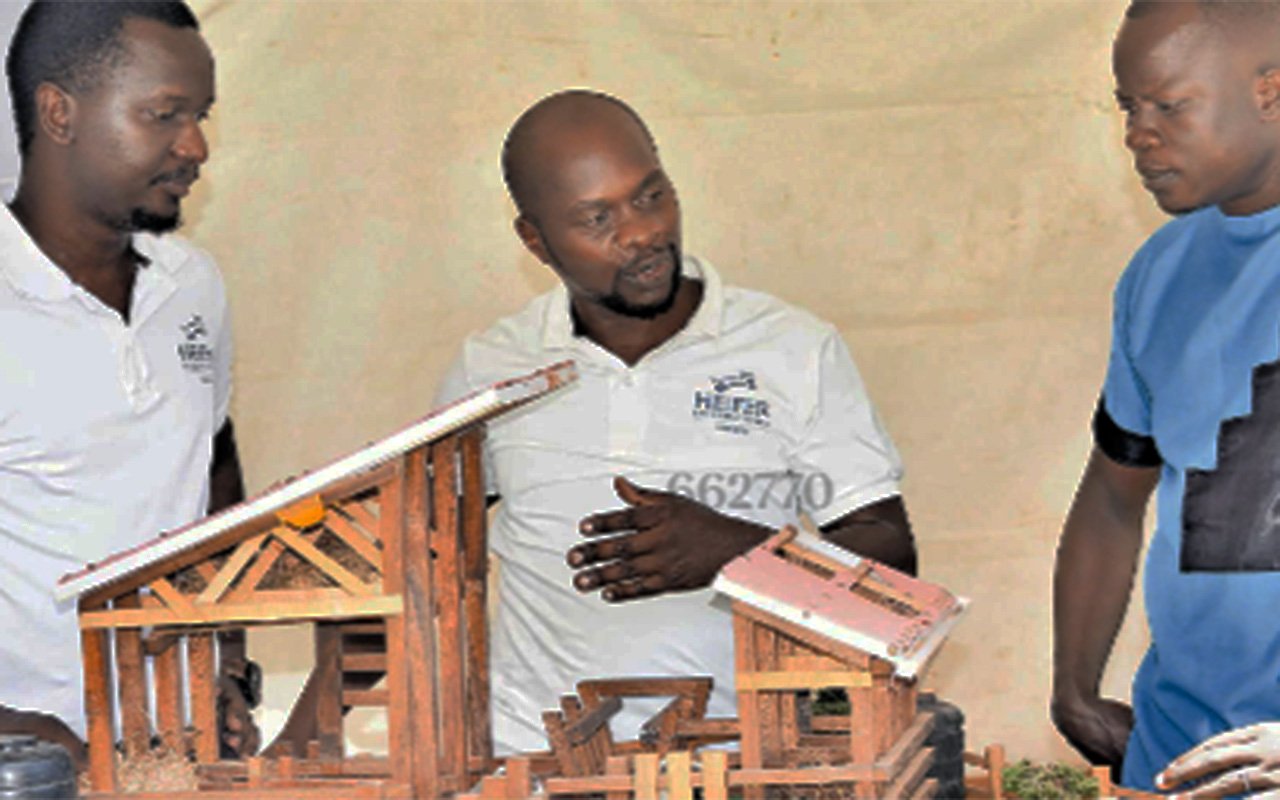Private sector players asked to invest in commercial animal feed production

Some of the participants attending the building on feed and fodder data ecosystem organised by the African Union-InterAfrican Bureau for Animal Resources (AU-IBAR) and the Bill and Melinda Gates Foundation and Ministry of Agriculture Animal Industry and Fisheries in Kampala on November 4. PHOTO | SYLIVIA KATUSHABE
What you need to know:
- Uganda, with its favourable climate and soil, has the potential to produce fodder and feed for local and international markets.
The private sector has been called upon to invest in commercial feed and fodder production to meet the growing demand locally and internationally.
Mr David Kalikowa, Senior Livestock Officer at the East African Community Secretariat, emphasised the importance of addressing the feed challenge facing livestock farmers due to climate change.
"Feed constitutes 60-70 per cent of the total cost of animal production," Kalikowa noted. "Many areas across Africa are experiencing drought, leading to a shortage of quality fodder resources, resulting in animal losses."
Uganda, with its favourable climate and soil, has the potential to produce fodder and feed for local and international markets.
"We need evidence to attract investors to the feed resource industry," Mr Kalikowa said.
Kalikowa encouraged local small-scale farmers and groups to engage in commercial fodder production.
"We've seen examples of farmer groups producing hay for sale, and National Agricultural Research Organization (NARO) producing silage and hay with high demand," he said.
The African Union-InterAfrican Bureau for Animal Resources (AU-IBAR), Bill and Melinda Gates Foundation, and the Ministry of Agriculture Animal Industry and Fisheries collaborated on capacity building for feed and fodder data ecosystem.
Mr David Maina, Feed and Fodder Business Development Expert for RAFFS project, highlighted the project's goal.
"We're strengthening feed and fodder systems in African member states to become resilient and support robust livestock production," he said.
The three-year Resilient African Feed and Fodder Systems Project (RAFFS) will work with African Union Member States, including Kenya, Nigeria, Somalia, Cameroon, Zimbabwe, and Uganda.
"The livestock sector is stagnating due to feed challenges," Maina said. "We must prepare to ensure resilience and transition the sector into a robust economic sector."
Experts stress the need for investment in commercial feed and fodder production to boost livestock production and address poverty.
"Let's work together to make Africa's livestock sector robust and resilient," Mr Kalikowa urged.




